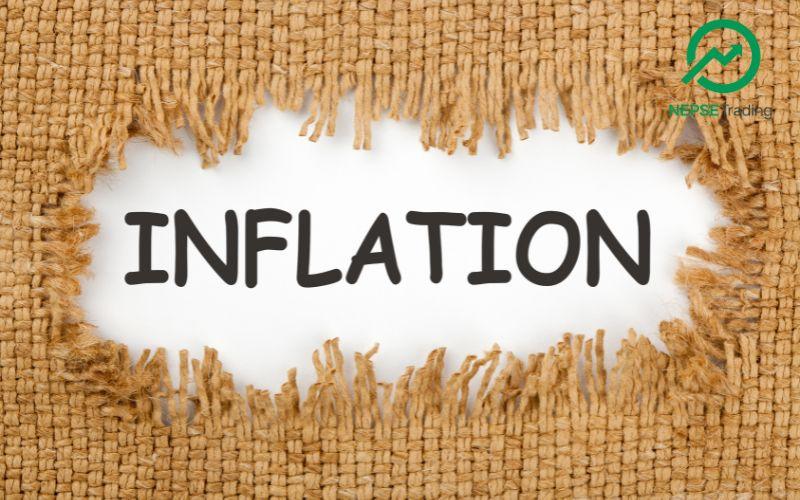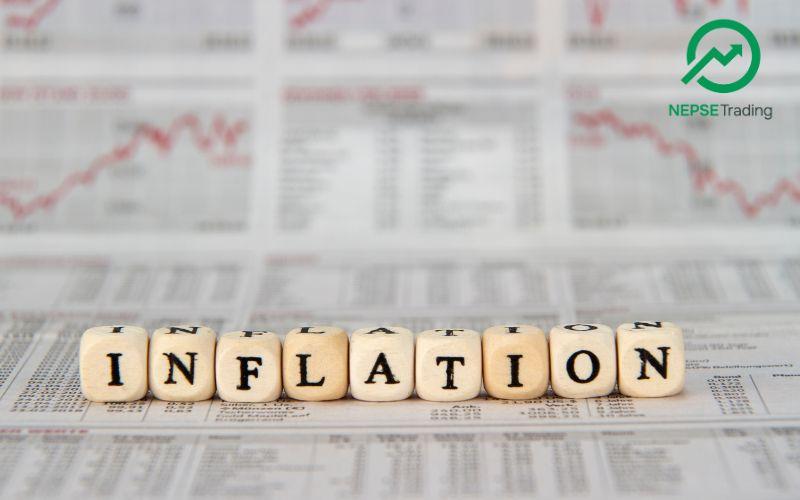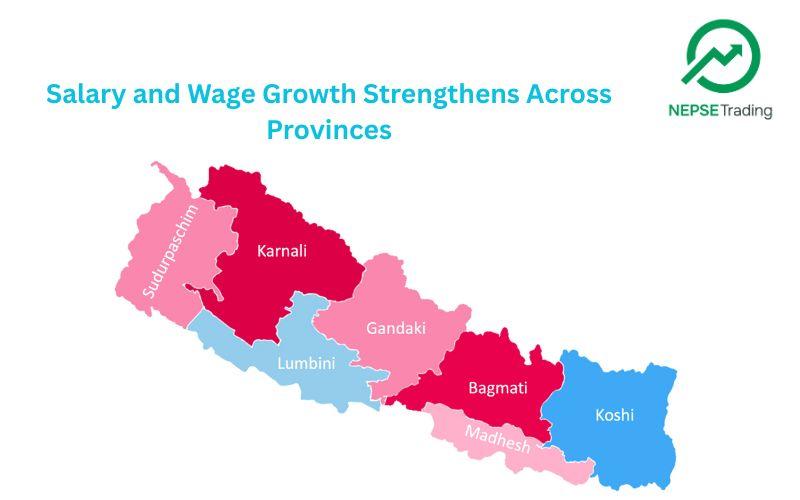By Dipesh Ghimire
Fitch Retains Nepal’s Sovereign Credit Rating at ‘BB-’, Signaling International Confidence Amid Domestic Challenges

Nepal has once again secured a ‘BB-’ sovereign credit rating for 2025 from Fitch Ratings, marking the second consecutive year the country has received the same assessment. Despite a series of political tensions, social challenges, climate-driven disasters, and a global economic slowdown, the unchanged rating indicates that Nepal’s overall macroeconomic position remains steady. The Ministry of Finance noted that the reaffirmation serves as an international validation of Nepal’s ability to meet its long-term financial obligations, even as the country faces structural economic constraints and periodic instability.
Fitch’s decision comes at a time when Nepal has been experiencing heightened socio-political pressure, including policy uncertainties, fragmented governance, and public dissatisfaction across multiple sectors. The agency has also taken into account the impact of monsoon-related natural disasters that have repeatedly disrupted infrastructure and economic activity, as well as the broader implications of global economic softness on Nepal’s tourism, remittance, and export-based sectors. Retaining the same rating as last year implies that Nepal’s underlying economic systems—particularly debt management, reserve adequacy, and inflation control—remain stable enough to reassure the global financial community.
According to the Finance Ministry, the government’s commitment to maintaining fiscal discipline at a time when election-centric expenditures could have escalated significantly was viewed positively by the rating agency. The ministry claims that improvements in revenue administration, efforts to curb wasteful spending, and better prioritization of essential projects have contributed to strengthening investor confidence. In addition, the government’s consistent effort to conduct elections on time, without fiscal disruption, and its work to ensure continuity of major strategic infrastructure projects helped reinforce Nepal’s creditworthiness in the eyes of international observers.
The ministry further stated that the reaffirmed ‘BB-’ rating illustrates that Nepal is gradually establishing a stable and credible economic foundation. This rating stability is particularly significant at a time when many emerging economies are witnessing downgrades due to global inflationary pressures, rising debt burdens, and geopolitical uncertainties. Fitch’s evaluation suggests that Nepal’s vulnerabilities—while real and persistent—are not severe enough to undermine the country’s long-term financial commitments. This outcome carries symbolic as well as practical importance for Nepal’s broader development ambitions.
A stable sovereign rating directly supports Nepal’s ability to attract long-term foreign investment. Sectors such as hydropower, tourism, agriculture, digital economy, and infrastructure development rely heavily on investor confidence and predictable policy environments. The ‘BB-’ rating helps assure potential investors that Nepal’s economic risks, although present, remain within manageable limits. The rating is also expected to benefit Nepal’s collaboration with international development partners, who often use such assessments as a benchmark for designing financial packages, grants, and concessional loans.
In the longer term, this rating holds substantial importance if Nepal aims to enter the international capital markets with sovereign bond offerings. A credible and consistent credit profile is crucial for any country seeking to raise funds from global investors, and Fitch’s affirmation provides Nepal with an important foundation in that direction. The ministry believes that as Nepal moves toward expanding its financing options for large-scale national projects, maintaining this rating—or improving it in the future—will be essential.
Despite the positive signal, analysts caution that Nepal continues to face structural weaknesses, including slow private-sector investment, weak industrial capacity, heavy reliance on remittances, and ongoing climate-related risks that threaten economic stability. In addition, revenue collection continues to lag behind expectations, while public spending efficiency remains a persistent concern. Nonetheless, Fitch’s rating implies that these issues, for now, are not severe enough to jeopardize the country’s overall financial standing.
In conclusion, Fitch’s reaffirmation of Nepal’s ‘BB-’ sovereign credit rating represents a strong vote of confidence at a time when global economic uncertainties and domestic policy challenges are weighing heavily on emerging economies. The rating reinforces international trust in Nepal’s financial governance and supports the country’s broader objective of creating a stable investment climate. For Nepal, it serves as both encouragement and a reminder that sustained reforms, disciplined economic management, and consistent policy implementation will be necessary to safeguard and eventually improve this standing in the years ahead.









